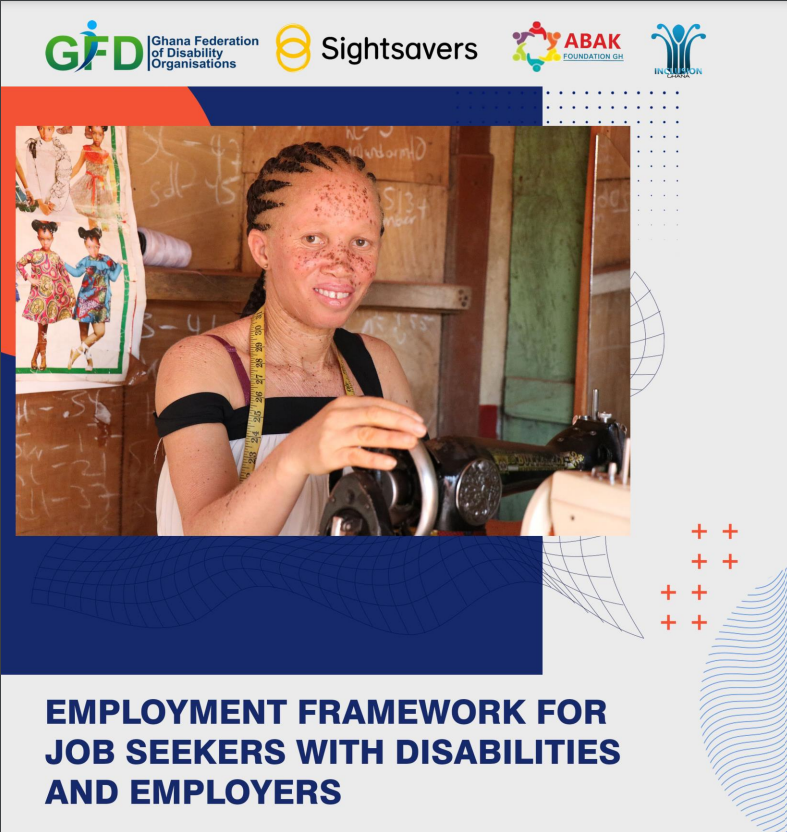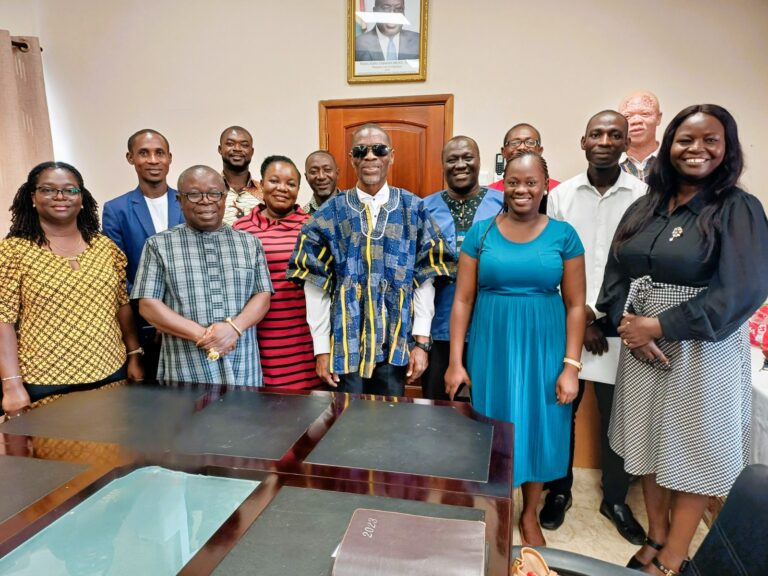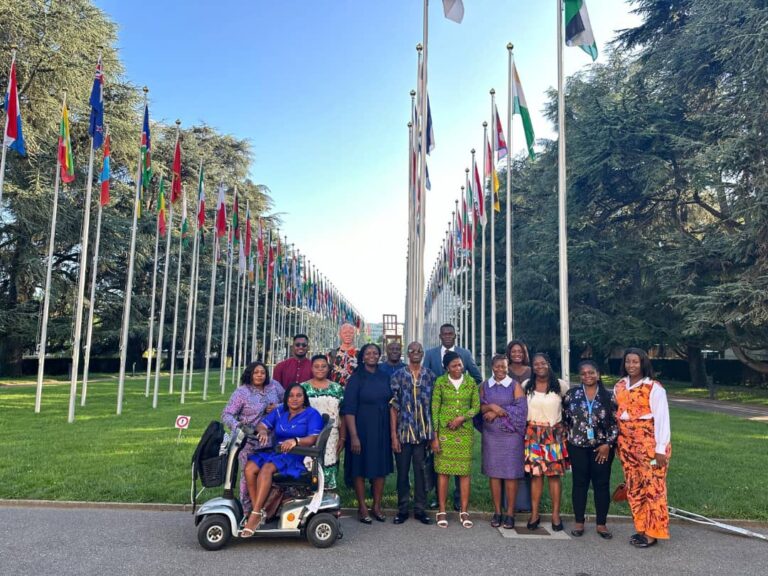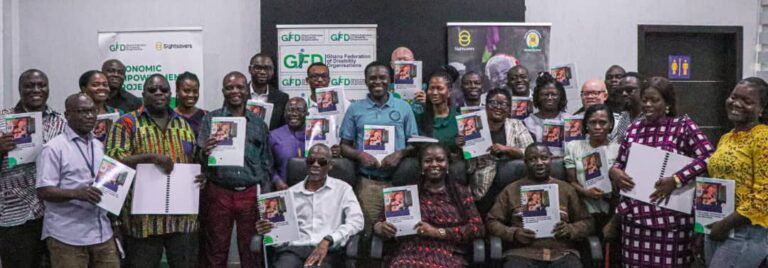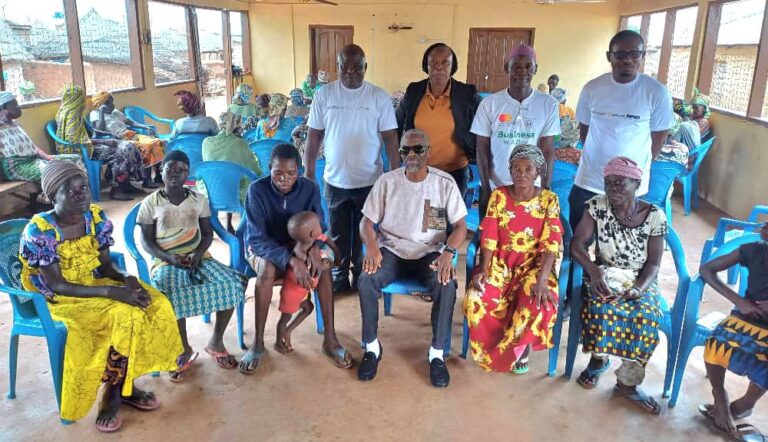Employment Framework for Job Seekers with Disabilities and Employers
The “Development of Employment Framework for Job Seekers with Disabilities and
Employers” is a comprehensive guide aimed at promoting inclusivity and equal opportunities in the workforce. This framework outlines key principles and practices to support individuals with disabilities in securing meaningful employment.
Key components of the framework include guidelines for mandatory open competition
in advertising vacancies, contract renewals, standardized job descriptions, and a recruitment model focused on transparency and objective criteria. The document also emphasizes the importance of skills training, CV development, and tailored vocational programs for job seekers with disabilities, particularly in the informal sector.
Furthermore, the framework highlights the significance of setting realistic business targets, maintaining good record-keeping practices, and fostering partnerships and mentorship opportunities for self-employed individuals. It also addresses the need for regulatory compliance, competency development, and effective termination processes to ensure a supportive and inclusive work environment for all.
By promoting accessibility, capacity building, and collaboration with stakeholders, this framework aims to empower individuals with disabilities to enhance their employability skills, pursue career growth, and contribute meaningfully to the workforce. Through a holistic approach that addresses various aspects of employment, the framework seeks to create a more inclusive and supportive environment for job seekers with disabilities in Ghana.
Finally, this document encourages a significant shift from traditional and menial jobs to technologically driven ones since they are the key determinants of more sustainable jobs into the future. The use of Artificial Intelligence and related field should be the highest priority for skills training from 2023 to 2027. Analytical Thinking is set to account for 10% of training initiatives on average, and the second priority for workforce development is Creative Thinking. Skills in Artificial Intelligence and Big Data is the number three priority in company training strategies from now until 2027 and number one for companies with more than 50,000 employees. Artificial Intelligence and Big Data rank 15th as a core skill for mass employment. Persons with disabilities
are encouraged to venture out of the status quo and take on more challenging tasks in the labour market and seek to develop entrepreneurial mindset as well.
It is also expected that employers will apprise themselves of the legal framework (local and international) that regulates employment of persons with disabilities. In this vein, the recommendation is that a stakeholders’ forum is organised for employers (present and prospective) in order to synchronise the basic provisions of persons with disabilities as required.

